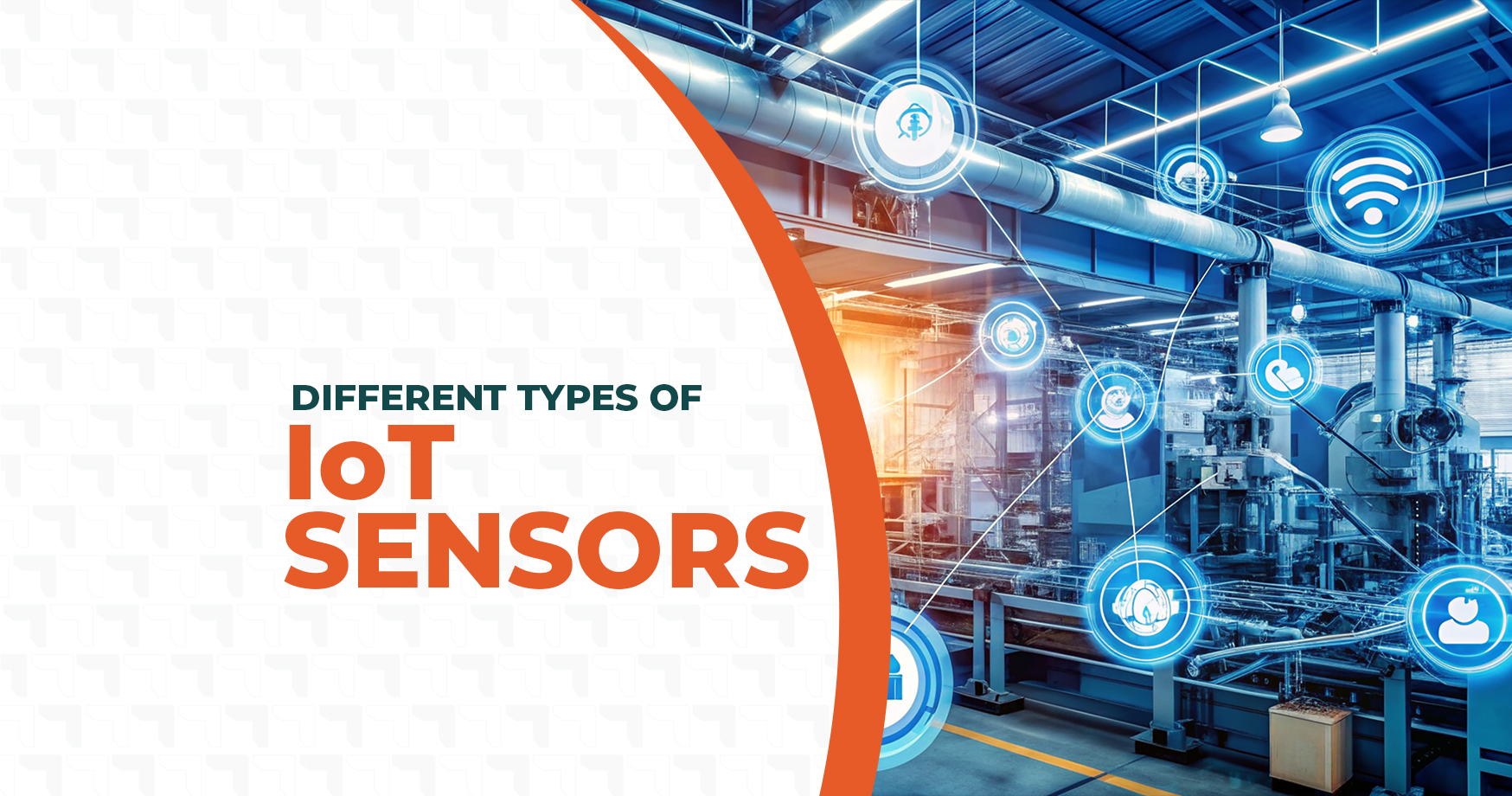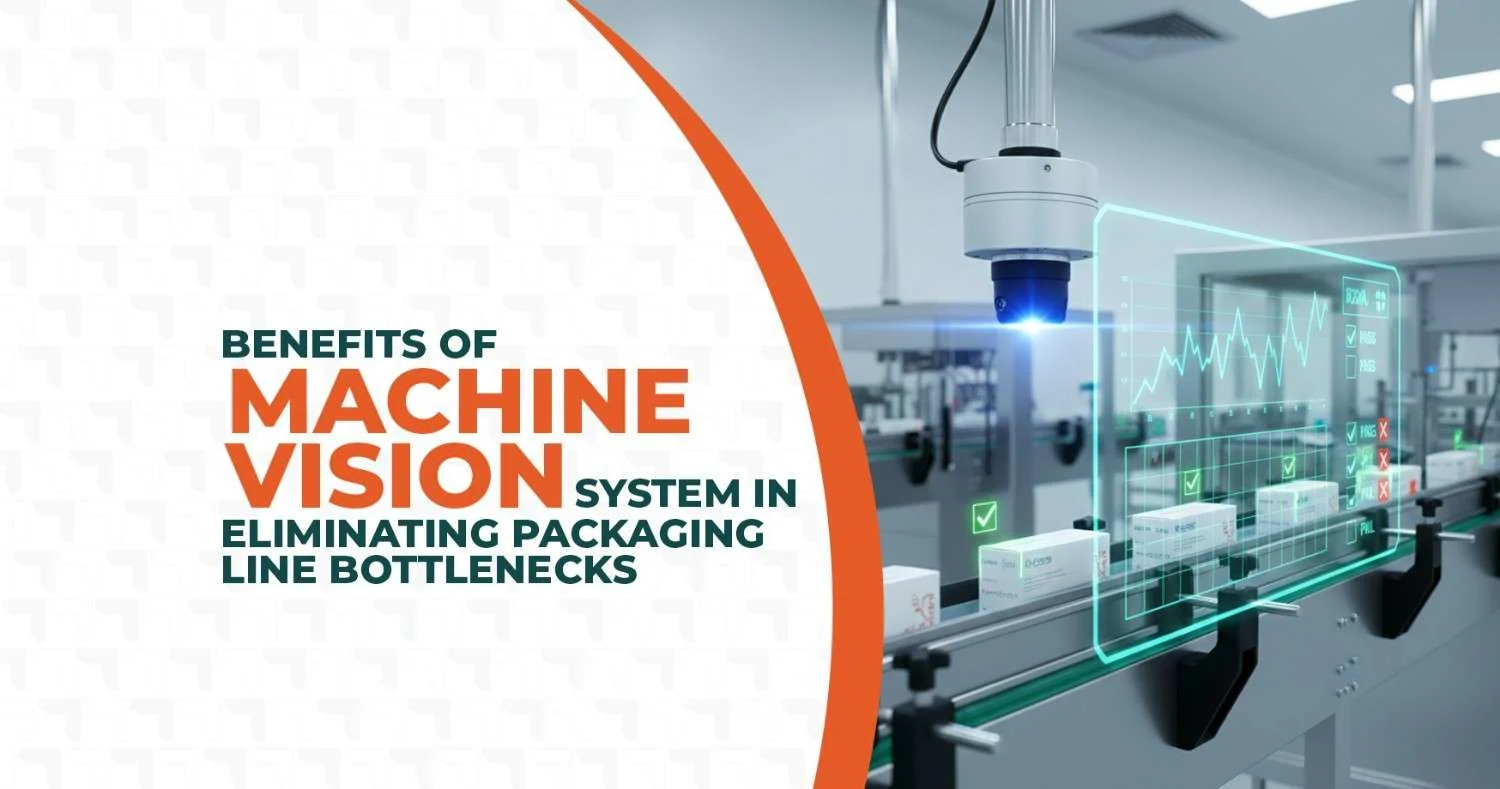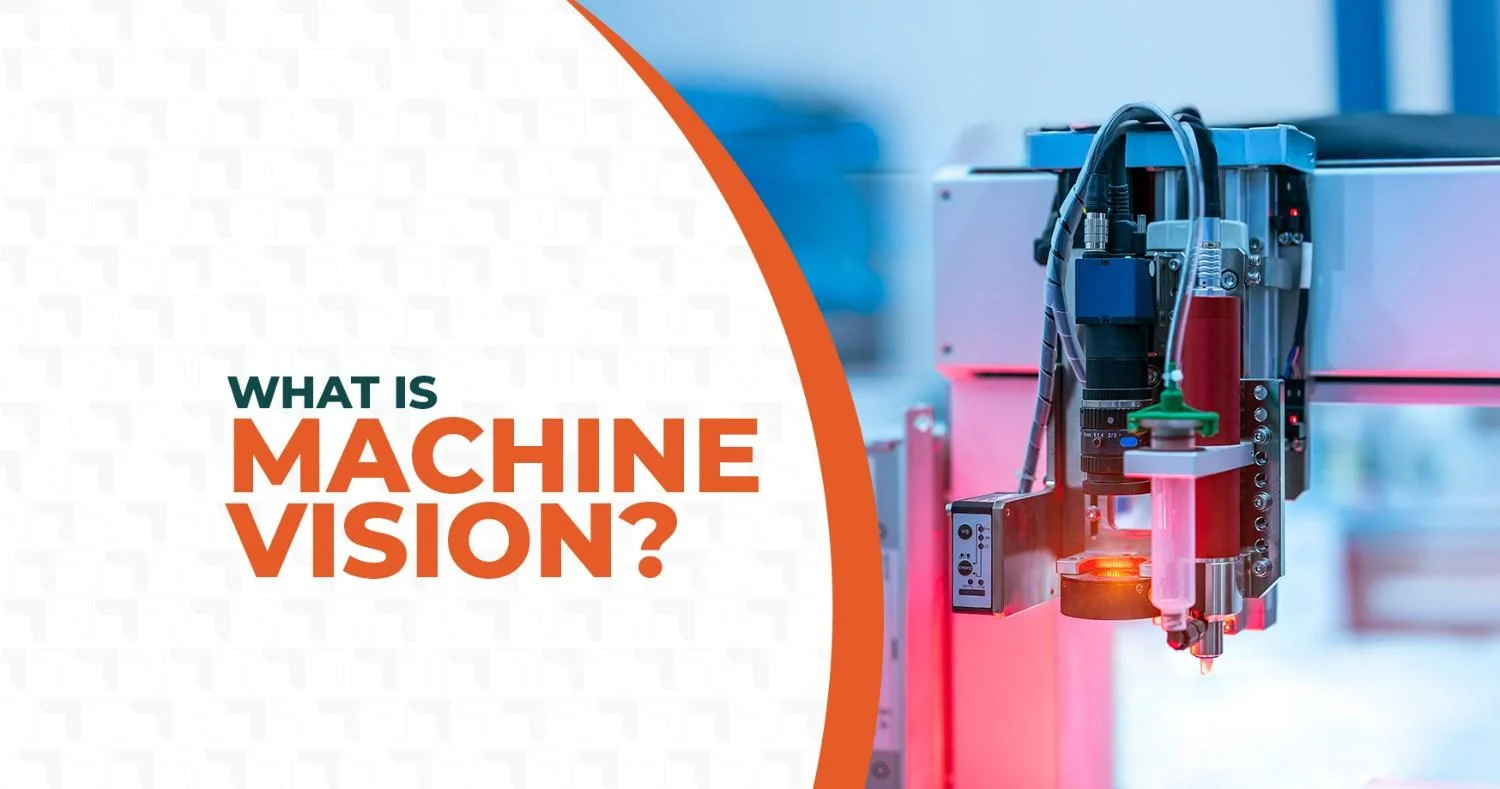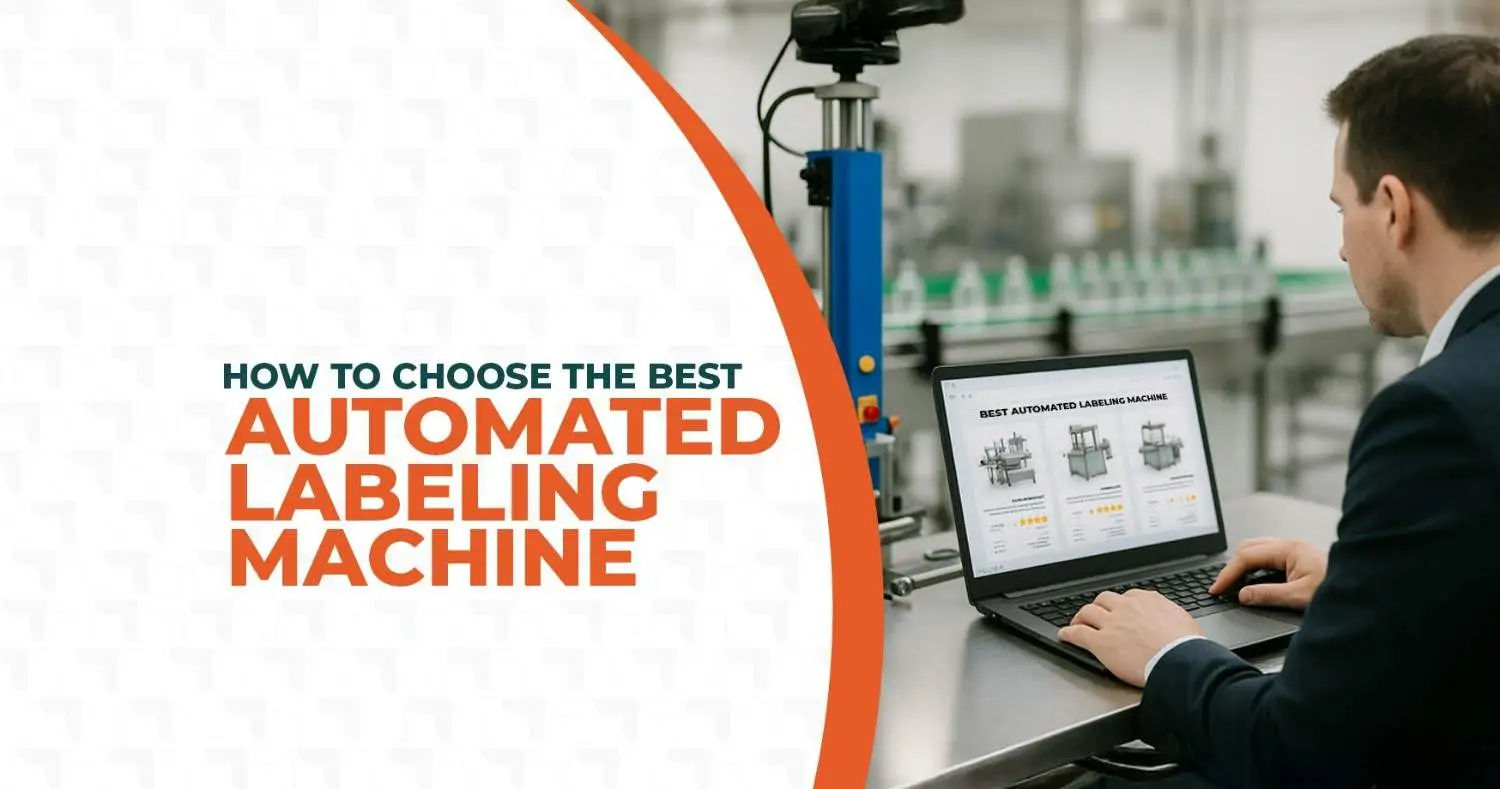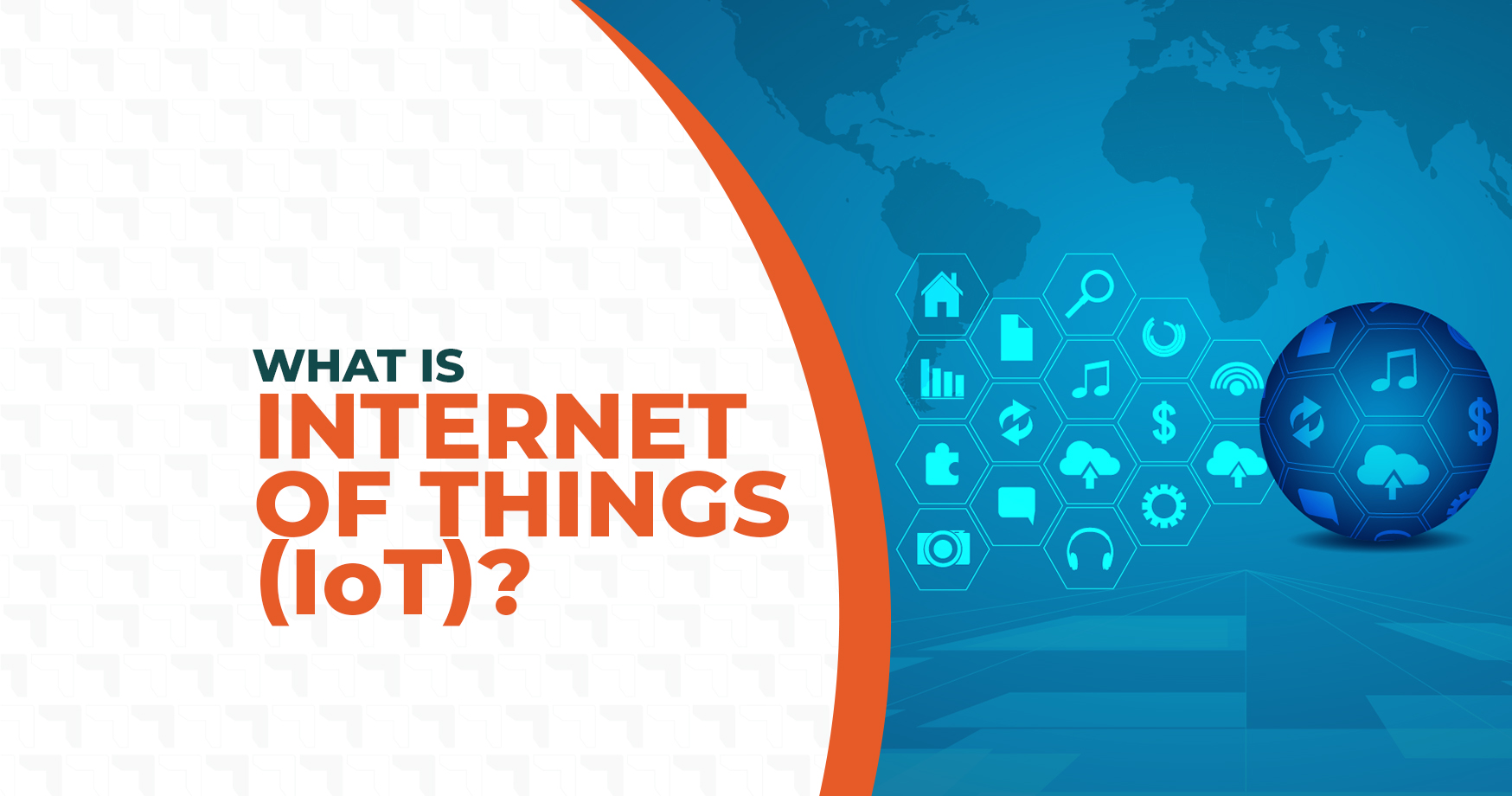
What is Internet of Things (IOT)?
The Internet of Things (IoT) is an online network of linked devices that interact and share data. Embedded with sensors, software, and other technology, these gadgets span from industrial machinery to residential appliances. IoT enables real-time data exchange, automation, and improved decision-making by letting physical devices communicate seamlessly. Its increasing impact covers sectors like manufacturing, logistics, healthcare, and agriculture, thus enabling companies to simplify processes, save expenses, and raise effectiveness. IoT technology is transforming how businesses run as it empowers enterprises to incorporate more innovative solutions that inspire creativity and provide fresh chances for development and optimization.
What is the meaning of IOT?
The Internet of Things (IoT) includes connected devices that talk to each other and share information over the internet. These devices can be anything from everyday home appliances to industrial machines. They have sensors and software that help them collect and share data. Using this network, devices may connect with cloud-based systems and other devices, automating chores and enhancing productivity.
Core Elements of the Internet of Things consist of:
1. Sensors: Devices including sensors—such as those for temperature, movement, or pressure—that compile information from their surroundings.
2 . Connectivity: The channels of communication—cellular networks, Wi-Fi, etc.—that connect objects to the internet.
3 . Data Processing: Data processing is the study and interpretation of gathered data intended to provide valuable insights.
4 . User interface: How consumers engage with IoT systems so they may monitor or run linked devices.
IoT generates a smart ecosystem wherein data flows naturally across devices by merging various elements, hence improving automation and decision-making.
Why is IoT Important?
The Internet of Things (IoT) is important in today's digital landscape as it drives innovation and efficiency across various industries. IoT connects devices so that it may provide better consumer experiences, automation, and smarter decisions. It lets companies run more effectively, save expenses, and maximise data utilisation.
Let's discuss the importance of IOT:
1. Efficiency
IoT automates chores and best uses resources, therefore enabling companies to simplify processes, lower waste, and increase output. IoT allows businesses to improve processes, automate monotonous operations, and guarantee better use of resources and equipment.
2. Cost Saving
IoT lowers maintenance costs, therefore helping companies to save running expenditures. By anticipating failures or problems before they start, connected devices help to lower the need for repairs and, hence, save downtime.
3 . Improved Customer Experience
IoT lets companies provide more customised services, thereby matching goods and experiences to certain consumers. By allowing businesses to better grasp consumer preferences, this technology helps them to provide more relevant solutions.
4. Data-Driven Decision-Making
IoT makes real-time data collecting and analysis possible, therefore enabling companies to make wise, data-driven choices. This instantaneous feedback loop speeds responses and enables businesses to maximise their plans.
5. Access to Information
IoT lets users monitor equipment remotely, from anywhere and at any moment, therefore accessing information. This real-time access lets companies handle problems right away and more dynamically control operations.
6. Cloud Computing
IoT uses cloud computing to handle vast amounts of data, therefore allowing intelligent monitoring and decision-making. Because they provide scalability, cloud-based IoT systems let companies effectively handle enormous volumes of data.
7. Artificial Intelligence
AI linked with IoT improves operational safety, data analysis, and automation. It lets companies use IoT data for better algorithms, hence enhancing predictive power and client interactions.
8. Interoperable
Interoperable IoT solutions enable many devices, platforms, and systems to be seamlessly integrated. This adaptability enables companies to implement IoT solutions faster and in many spheres.
IoT has many advantages, but it also brings security concerns, complicated data management issues, and system weaknesses that companies have to deal with if they are to fully realise its possibilities.
How Does the Internet of Things Work?
The Internet of Things (IoT) functions by connecting physical devices to the internet, allowing them to collect and exchange data with each other, cloud systems, and user interfaces. This data-driven approach makes remote monitoring, automation, and real-time control possible.
Here’s a breakdown of how IoT works from data collection to automated actions:
1 . Data Collection: IoT devices are fitted with sensors that compile information from their surroundings. Depending on the application, this may include many criteria like temperature, motion, location, or video feeds. For example, a smart thermostat will gather temperature data to control heating and cooling.
2 . Data Sharing: Once the sensors record data, it is sent to the cloud or another linked gadget. Communication technologies as Wi-Fi, cellular networks, Bluetooth, or 5G provide flawless connections between gadgets and the internet, thereby guiding this migration. Furthermore, depending on the requirement, data might be kept locally.
3. Data Processing: Software on a cloud or local server handles the incoming data. Simple activities like checking a temperature falls within a certain range or more difficult jobs like object recognition in a video stream may all be part of this processing. At this point, raw data becomes useful insights.
4. Data Analysis: Analysing the processed data helps one find patterns, possible problems, or chances for optimisation. For instance, the analysis may signal a machine in a plant showing wear for repair before a failure takes place. Machine learning techniques may, over time, enhance these evaluations in increasingly sophisticated IoT systems.
5 . Action: Based on the analysis, the IoT system may respond automatically—that is, notify a device, change one, or start a procedure. A smart home system may, for instance, warn a homeowner if strange behaviour is found or automatically turn on a fan should the temperature rise over a defined threshold.
Connectivity—enabled by Wi-Fi, cellular, or 5G—is essential across this whole process to guarantee that devices can interact and data can flow naturally between sensors, cloud systems, and user interfaces.
Key Components of IoT
The Internet of Things (IoT) is all about connecting different devices so they can work together. Here are the basic parts that help them collect, share, process, and interact with data:
1. Sensor/Devices: The smart thermostat detects ambient conditions in real time using temperature sensors, therefore gathering data from its surroundings. The system cannot decide whether to turn the heating or cooling on or off without this information.
2. Connectivity: The thermostat sends gathered data to the cloud and receives commands from a user's smartphone or automated system by connecting to the internet via Wi-Fi or Bluetooth. Particularly in industrial environments, some IoT configurations might depend on 5G or cellular networks for quicker and more dependable connectivity.
3. Data Processing: Once the data gets to the cloud, the system works to decipher the temperature of the room. This stage is turning unprocessed data into useful insights, including figuring out if the temperature is too low or too high for certain preferences.
4 . User Interface/Action: The smartphone app used by homeowners to remotely monitor and change their thermostat is their user interface or action. The thermostat may automatically change the temperature or alert the user depending on the data processing should manual action be needed. Using real-time control and automation, this interaction makes the system more user-friendly and understandable, therefore enabling users to profit.
Examples of Internet of Things (IoT)
The Internet of Things (IoT) connects many different physical objects so they can share information. These objects use sensors, software, and other technology to communicate with each other. Because they can exchange data in real time and automate tasks, IoT is changing many industries for the better.
Here are a few important instances of IoT in use:
1. Healthcare: Known as the Internet of Medical Things (IoMT), IoT in healthcare includes wearable devices, portable medical equipment, and biosensory devices tracking vital signs and health issues. For real-time patient monitoring, smart wearables, for instance, may measure heart rates and transmit data to healthcare professionals.
2. Smart Agriculture: IoT sensors in smart agriculture compile environmental data, including crop development, soil moisture, and temperature variations. This knowledge helps farmers make wise choices, best manage irrigation, and raise output with fewer resources.
3. Wearables: Popular IoT devices include wearables like smartwatches and fitness trackers. By gathering data on activity levels, sleep habits, and heart rate, these wearables let users instantly check their health and fitness.
4. Connected Cars: Modern cars include IoT features that let them gather and distribute data to other linked devices. IoT technology aids with car diagnostics, navigation, and potentially autonomous driving.
5. Smart Grid: Smart meters in households and companies track real-time energy usage and transmit data to centralized systems, therefore enhancing energy efficiency and facilitating better power management all around cities.
6. Air Monitoring Systems: Environmental monitoring systems employ sensors to measure air and water quality, therefore providing vital information to enhance public health and help to address pollution.
Additional examples include smart homes, where devices like smart thermostats, lights, and security systems provide automation and remote control; industrial IoT that enables asset tracking and predictive maintenance in factories; and smart cities where connected traffic systems and smart grids help manage urban infrastructure more efficiently. These applications of IoT demonstrate its transformative potential across diverse sectors, improving efficiency, safety, and overall quality of life.
Applications of IoT Across Different Sectors
The Internet of Things (IoT) is changing sectors by improving productivity, safety, and data-driven decision-making. Its adaptable uses are enabling companies to simplify processes, save expenses, and enhance client interactions. Some important industries where IoT is having a major influence are listed below:
a. HealthCare: IoT is important in healthcare as it enhances operational efficiency and patient treatment. Wearable gadgets capture health data and vital signs; examples of such devices include smartwatches and fitness monitors. Remote patient monitoring helps doctors better manage a patient's vitals and conditions by tracking them from a distance, therefore facilitating real-time action.
b. Smart Homes: IoT links sensors like lighting, thermostats, and security systems in smart homes so that consumers may remotely manage them using cell phones. This guarantees home security, increases energy economy, and offers convenience.
c. Smart Grid: IoT enables real-time monitoring of power, lights, traffic signals, and even parking places, therefore helping to manage and optimise the smart grid. This improves the management of urban infrastructure and the more effective distribution of energy.
d. Energy Management: IoT is extensively used in energy management, thus enabling businesses and consumers to lower usage and thereby minimise environmental effects. IoT devices provide real-time data on power and other resources, therefore guiding more effective use of energy.
e. Fleet Management: IoT sensors are tracked in fleet management for vehicle performance, location, and speed. This information guarantees timely repair, helps to maximise routes, and lowers fuel use, therefore increasing the general fleet efficiency.
f. Smart Farming: IoT is transforming smart farming—that is, agriculture—by remotely managing irrigation, fertilisation, and equipment. The IoT systems assist in monitoring crop conditions, soil moisture, and environmental data, thereby enabling farmers to save resources using higher yield.
g. Transportation and Logistics: IoT helps the logistics industry to monitor routes, cars, and products in real time. Based on traffic, weather, and vehicle conditions, sensor data guides best paths, therefore optimising delivery times and reducing delays.
h. Retail: IoT in retail improves inventory control using smart shelves that track stock levels and automatically reorder upon demand. This lowers overstocking or stockouts, therefore enhancing inventory management.
i. Manufacturing: IoT helps predictive maintenance in production by tracking equipment performance and seeing any problems before they start breakdowns. It also stimulates manufacturing automation, hence raising output and lowering downtime.
IoT is transforming sectors from farming and beyond to healthcare using real-time information, improved automation, and the best use of resources. This wide spectrum of uses showcases the great promise IoT offers in many different fields, particularly as Industry 4.0 evolves with greater integration of IoT technologies in manufacturing, logistics, and smart cities.
Future of IoT
The Internet of Things (IoT) is set to grow a lot in the next few years. New technologies are creating exciting new opportunities in many different fields. Trends like 5G, edge computing, and AI integration are predicted to transform IoT as use rises, thereby improving its possibilities in areas like healthcare, smart cities, and autonomous cars. Along with increasing IoT systems' scalability and efficiency, these developments will provide fresh chances for creativity and smart solutions in many other fields.
1. More Connected Devices
By 2025, IoT devices—which link anything from domestic appliances to industrial IoT machinery—are expected to number 27 billion. Deeper integration of IoT into daily life will be made possible by this expansion, therefore changing our way of life, employment, and interaction with technology.
2. Edge computing
Edge computing sends data closer to where it is created—on the device itself—rather than to the cloud. Reducing latency and guaranteeing local data processing helps this method increase speed, dependability, and privacy. In fields like autonomous cars, where safety depends on real-time data processing, it is very helpful.
3. Integration of AI
Combining IoT with artificial intelligence guarantees sophisticated prediction powers and data analytics. By analysing enormous volumes of IoT device-produced data, artificial intelligence may improve decision-making, identify anomalies, and maximise operations. In manufacturing, particularly when Industry 4.0 advances, AI-powered IoT can provide predictive maintenance, improving efficiency and reducing downtime.
4. Quantum Computing
By managing challenging data volumes and calculations quicker than ever before, quantum computing promises to transform IoT as it becomes more practical. Using better data processing and analysis, quantum technology might enable IoT systems to produce intelligent, more efficient networks for sectors like logistics and healthcare.
5. Smart Agriculture
IoT devices that gather data on soil moisture, temperature, and meteorological variables will find more acceptance in smart farming going forward. These realisations will enable farmers to maximise their operations, raise output, and lower resource use, therefore enabling more sustainable and efficient agriculture.
6. Remote Learning
IoT devices are poised to revolutionise remote learning and enable educational settings to be safer and the learning process to be improved. While wearables can track students' involvement and attention, IoT-enabled sensors can handle issues such as visual distractions and background noise in virtual classrooms.
7. Digital twins
Digital twins—virtual versions of actual objects—are predicted to be embraced broadly in sectors like manufacturing, healthcare, and smart cities. Digital twins permit more accurate forecasts, improved maintenance, and effective system administration by modeling real-world events.
8. Sensor Innovations
Constant improvements in sensor technology will keep lowering expenses and increasing the accessibility of IoT solutions. Businesses of all kinds will be able to use IoT to enhance operations and get an understanding of their surroundings as sensors are more reasonably priced.
9. 5G Connected Car Services
IoT-powered linked automobiles will proliferate with the worldwide deployment of 5G. Faster speeds and reduced latency provided by 5G networks enable infrastructure and cars to interact seamlessly, thereby improving autonomous driving, traffic control, and safety systems.
These developments point to a day when IoT will be much more important in determining sectors and enhancing daily living. IoT will change as technologies like 5G, artificial intelligence, and quantum computers develop, opening new opportunities for efficiency and creativity.
Challenges and Risks of IoT
Although the Internet of Things (IoT) provides great possibilities for many different sectors, its effective and safe adoption depends on addressing certain issues and hazards that it also brings about. Vulnerabilities in fields like security, privacy, interoperability, and infrastructure have to be controlled as more devices are linked to avoid disturbances and protect private information.
1. Security Issues
IoT's susceptibility to hacking and data leaks is one of the main worries among others. Every IoT gadget connected to a network might provide a cybercrime entrance point. These gadgets are appealing targets as their security mechanisms are often less strong than those of conventional IT systems. Once they get access, hackers may control appliances, access private data, or cause major disturbances. Implementing robust encryption, safe firmware upgrades, and multi-layered security measures is crucial to reducing these dangers as IoT networks expand.
2. Privacy Concerns
IoT devices seriously compromise privacy as they gather enormous volumes of personal and corporate data. From smart homes to wearable health monitors, these gadgets compile important data on users' daily routines, health measures, and behaviours. Managing this data ethically and making sure it is kept, sent, and utilised safely presents difficulty. Data shared or sold without user permission runs the danger of privacy violations as well. To establish confidence and safeguard personal privacy, robust data security rules and openness on data use are very important.
3. Interoperability
Interoperability in the context of the Internet of Things is the capacity of many IoT devices, platforms, and systems to coexist peacefully. With so many companies producing IoT products, it might be challenging to guarantee interoperability with devices from several brands or platforms. Businesses may find it difficult to combine many IoT systems without uniform standards, therefore causing inefficiencies and restricted usefulness. Industries have to strive for global standards that, independent of manufacturer or platform, allow seamless integration and communication across all IoT devices to overcome this.
4. Infrastructure
IoT's growth depends on dependable, scalable networks to enable the continuous data flow among devices. Many of the current network systems are not built to manage the huge amounts of data created by IoT systems and the great number of linked devices. The operation of IoT systems depends upon factors such as minimal latency, enough bandwidth, and great dependability. Offering faster, more scalable networks and the acceptance of 5G technology are anticipated to solve some of these issues.
Realising IoT's full potential depends on addressing these issues as it grows. Overcoming the threats and guaranteeing the general success of IoT technology will depend mostly on strong security measures, privacy protection, interoperability development, and infrastructure building development.
Conclusion
The Internet of Things (IoT) is linking devices, collecting data, and allowing better, data-driven choices, revolutionising industries. IoT has driven innovation across industries, from healthcare and industry efficiency to home and city transformation. Its promise comes with security, privacy, interoperability, and scalable infrastructure difficulties.
Despite these obstacles, 5G, edge computing, and AI will open new doors for IoT. IoT may transform industries, improve operations, and improve consumer experiences. Businesses should use IoT solutions to remain ahead, optimise operations, and take advantage of its unlimited possibilities.
FAQs
1. What is the Internet of Things in simple words?
The IoT is a network of devices that interact with each other and the cloud. Data interchange between these devices makes household appliances and industrial machinery smarter and more automated.
2. What is an example of IoT?
Smart thermostats, fitness trackers, self-driving vehicles, home security systems, and smart kitchen appliances are some examples of IoT.
3. What is the purpose of IoT?
IoT promises to link gadgets so they can communicate and cooperate in real time. The Internet of Things improves efficiency, automation, and data-driven decision-making across businesses.
4. What are the 4 pillars of IoT?
The 4 pillars of IoT are connection, control, digitalisation, and augmentation. IoT technology connects and optimises processes, allowing firms to use data to save costs, boost efficiency, and boost production.
Share this page
Get in Touch
Ready to take your business to the next level with BCI (Bar Code India)? We're just a phone call or email away.
